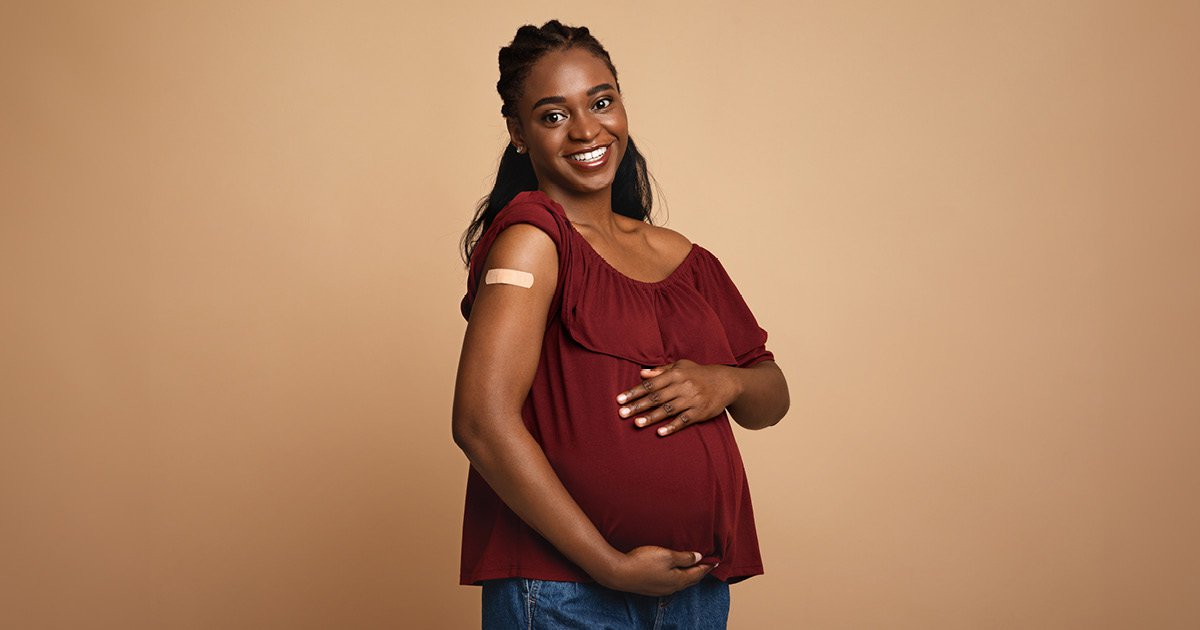Key takeaways:
- COVID-19 vaccination before and during pregnancy was not significantly associated with postpartum depression.
- Slightly lower EPDS scores were reported among those vaccinated between delivery and EPDS assessment.
NEW YORK — Vaccination for SARS-CoV-2 before and during pregnancy was not significantly associated with symptoms of postpartum depression, according to research presented at the American Psychiatric Association annual meeting.
“It’s important to see how in pregnant people who are already experiencing a kind of whirlwind of hormones how now the COVID-19 vaccine comes into play,” study author Sahana Prakash, an associate research scientist at Icahn School of Medicine at Mount Sinai, told Healio. “It’s very new research with the vaccine. It’s important to continue to monitor the effects of the vaccine.”
COVID-19 vaccination before and during pregnancy was not significantly linked with symptoms of postpartum depression.
Image: Adobe Stock
To determine whether an association exists between SARS-CoV-2 vaccination during pregnancy and postpartum depression, researchers evaluated 627 participants (mean age, 33.8; 50% white) from the CDC-funded Generation C (n = 564) and NIH-funded Generation CSF (n = 63) prospective pregnancy cohorts at Mount Sinai Health System.

Sahana Prakash
Researchers assessed Edinburgh Postnatal Depression Scale (EPDS) scores from patients’ medical records at 1 to 9 months postpartum and grouped participants according to vaccination timing: those who received at least one dose during pregnancy (n = 94), those who received all doses before pregnancy (n = 100), those who were vaccinated with at least one dose between delivery and completion of EPDS assessment (n = 57) and those who had no history of vaccination before EPDS assessment (n = 376).
Researchers used quantile regression analysis to determine the relationship between vaccination timing and EPDS scores.
According to results, 9.7% of participants had an EPDS score of at least 11, indicating clinical levels of postpartum depression symptoms.
While there was no association between vaccination and EPDS scores in those vaccinated before or during pregnancy, vaccination in the postpartum period before EPDS assessment was associated with slightly lower scores among those with more depressive symptoms.
“What was most surprising was how there actually wasn’t a significant association between vaccine and EPDS scores in patients who received the vaccine during or prior to pregnancy,” Prakash said. “I thought there would be more of a correlation between the two. But what stood out the most was that when the patients are in postpartum — that’s when there is the most significant correlation.”
